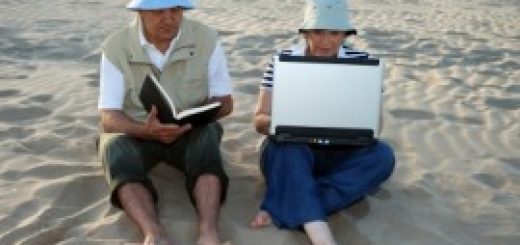Learning to Dive? Here are our Top 5 Scuba Diving Tips

If you’re in the mood to learn something new this summer, why not give diving a go? This pastime has plenty of benefits, from teaching fantastic self-discipline, to serving as a brilliant way to stay healthy. Today, let’s run through the top five tips for learning to dive.
1. Relax
It goes without saying you’ll have a much more successful and enjoyable dive if you do so when fully relaxed. Taking part in anything when you’re stressed is only going to make a situation more distressing.
With an activity as potentially dangerous as diving, it’s important to keep as cool ahead as you possibly can. Diviac provides a lengthy list of ways in which you can ensure this remains the case. Their key tip is to prepare ahead of time. The more you know about a dive, the easier it’ll be.
2. Take it slow
You might be tempted to pound through the waves as fast as you can once you’re in the briny deep, but this is likely to scare away all the fish in the area in an instant. Soundwaves are amplified underwater, so every movement you make is going to seem massive to them.
The slower you travel through the sea, the less chance you have of disturbing the marine life you’ve come to witness in the first place. Your best bet to see something interesting is to actually drift about like an inanimate object in the water.
3. Make sure your school is reputable
The school you choose to dive with is very important, as they’ll be the ones who are in control of your safety and wellbeing. In order to guarantee the school, you’re heading to adheres to the standards you’ll need, make sure to do your research.
Read reviews from people who’ve previously dived with them and find out if they’re the type of organisation that you’d like to put your life in the hands of. Make sure you trust these instructors. In the short-term, they’ll be the most important people in your life.
4. Make sure you’re insured
You’ll probably be fine, but it’s still very important to ensure you’re covered if the worst does end up happening. As TINZ points out, the cost of medical care around the world is a little staggering.
Some of the prices you’ll find include:
• $50,000 for a 14-day stay in a Bangkok hospital (for seizures)
• $120,000 to be flown in a helicopter ambulance in the Bavarian Alps
• $800,000 for an 18-day stay for pneumonia in Houston
If the worst does happen, you simply can’t afford to not have some sort of coverage in place – literally. With prices like this across the world, it’s basically a necessity.
5. Check your equipment
It goes without saying that making sure your diving equipment is all in top condition before you swim is an important step. The BSAC provides a comprehensive list of ways to check your gear before you head out. Make sure you adhere to these suggestions before you take the plunge. It could make the difference between life and death.
Follow these five steps for learning to dive and discover how enjoyable this pastime really is.









